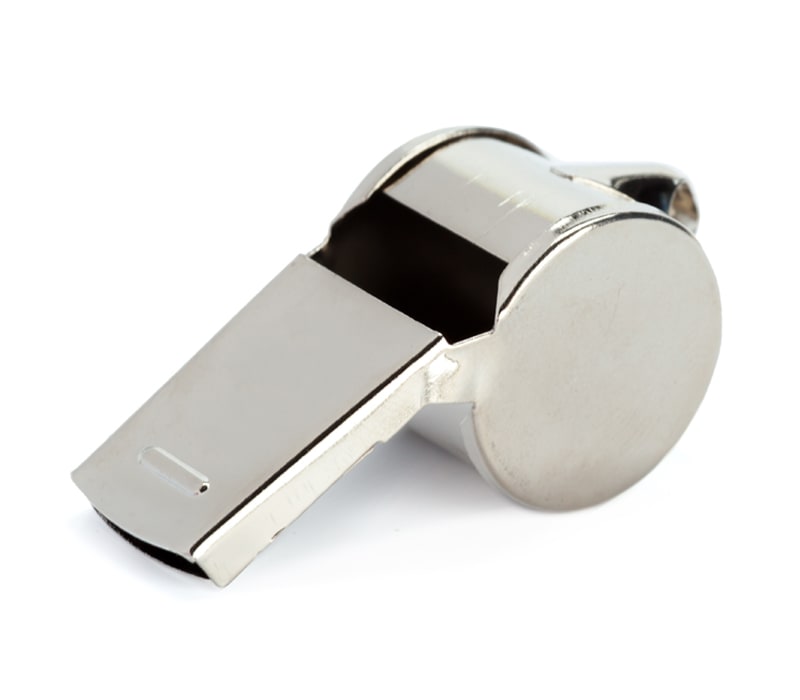ABOUT
WHISTLEBLOWING
Whistleblowing is the term used when talking about the act of speaking-out and disclosing serious wrongdoing by one’s employer, an issue that has attracted a lot of high-profile media attention in recent years.
For employers, regardless of industry sector or size, having a specific whistleblowing or speaking-out policy is a vital starting point in addressing such issues in the workplace. It is also important that employees understand what this whistleblowing policy is.
Inevitably, the more successful whistleblowing practices are those that provide easy access to reporting mechanisms and support.
Actively encouraging disclosures at an early stage enables both the employee and the employer to identify, address and potentially eliminate any problems, often before they escalate or require external intervention.

WHISTLEBLOWERS: PROTECTED BY THE LAW
Protection for whistleblowers was introduced by the Public Interest Disclosure Act 1998 (PIDA) and the Employment Rights Act 1996 protects employees and workers from being dismissed or subjected to detriment because they have made a protected disclosure.
UNLAWFUL DETRIMENT
It is unlawful for an employer to subject one of its workers to a detriment (including threats, disciplinary action, loss of work or pay, or damage to career prospects) on the ground that they have made a protected disclosure. The concept of a “worker” in the whistleblowing legislation is broad and includes, amongst others, agency workers, freelance workers, seconded workers, homeworkers and trainees, as well as employees.
Since 25 June 2013, an employer is vicariously liable for the act of a worker in subjecting a whistleblower to a detriment. The employer will have a defence if it took all reasonable steps to prevent the detrimental treatment. An employment law solicitor would be able to help.
UNFAIR DISMISSAL
The dismissal (including constructive dismissal) of an employee will be automatically unfair if the reason, or principal reason, is that they have made a protected disclosure. The same applies to selection for redundancy.
There is no qualifying minimum period of service and tribunals are not restricted by the usual upper limit on compensation. Whistleblowing claims are sometimes used tactically for this reason.
WHEN IS A DISCLOSURE PROTECTED?
There must be a disclosure of information that, in the reasonable belief of the worker, tends to show that one of the following has occurred, is occurring or is likely to occur:
- A criminal offence
- Breach of any legal obligation
- Miscarriage of justice
- Danger to the health and safety of any individual
- Damage to the environment
- The deliberate concealing of information about any of the above
For disclosures made on or after 25 June 2013, the worker must also reasonably believe that the disclosure is “in the public interest” but no longer needs to show that the disclosure was made in good faith.
RECIPIENT OF DISCLOSURE
PIDA encourages disclosure to the employer (internal disclosure) as the primary method of whistleblowing. However, disclosures to external parties will also be protected in some circumstances.
DO YOU NEED CONFIDENTIAL ADVICE OR SUPPORT?
Then speak to us today for a no-obligation discussion about your needs
